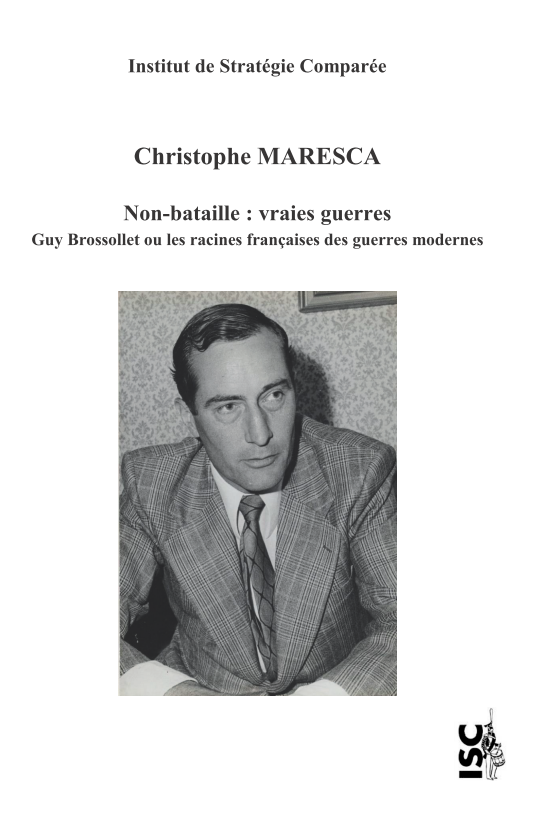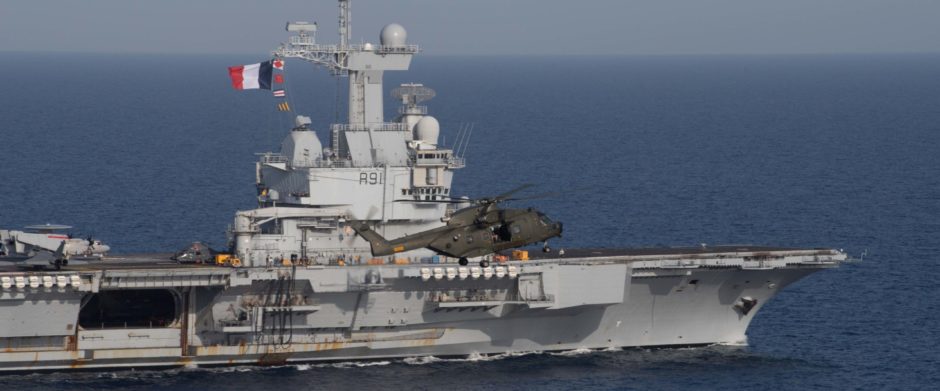- A Magyar katonai gondolkodás törtenete, Budapest, Zrínyi Kiadó, 1995 (histoire de la pensée militaire hongroise).
- “Les armées et la guerre de l’Antiquité à la seconde guerre mondiale”, Enquêtes et documents, 25, 1998 (plusieurs monographies sur des auteurs des xviie et xviiie siècles).
- Baquer Miguel Alonso (général), El pensamiento militar en la historia de la infantería española, Madrid, à paraître.
- Carles Pierre, “L’influence exercée sur la pensée militaire par des esprits individualistes jusqu’en 1815”, Actes du symposium 1989, Pully (Suisse), Centre d’histoire et de prospective militaires, 1990.
- Carrias Eugène (colonel), La Pensée militaire allemande, Paris, Presses universitaires de France, 1948, rééd. Paris, Économica, 2008.
- Carrias Eugène (colonel), La Pensée militaire française, Paris, Presses universitaires de France, 1960 (vieilli).
- Coutau-Bégarie Hervé, “À la recherche de la pensée militaire suédoise”, Stratégique, 91–92, octobre 2008.
- Coutau-Bégarie Hervé et Tόth Ferenç (dir.), La Pensée militaire hongroise à travers les siècles, Paris, ISC-Économica, Bibliothèque stratégique, 2011.
- David, Alexandre, Joly de Maizeroy. L’inventeur de la stratégie, Paris, Editions de l’Ecole de Guerre, 2018.
- Gallie W.B., Philosophers of Peace and War, Cambridge, Cambridge University Press, 1978.
- Gray Colin S., Strategic Studies and Public Policy, Lexington, The University Press of Kentucky, 1982.
- Guillon E., Nos Écrivains militaires, Paris, Plon, 1898-1899 (très riche, mais les références sont parfois à vérifier).
- Hahlweg Werner (ed.), Klassiker der Kriegskunst, Darmstadt, Wehr und Wissen Verlag, 1960.
- Handel Michael I., Classical Strategic Thought, Londres-Portland, Frank Cass, 2001 (à partir de Sun Zi, Jomini, Clausewitz).
- Heuser Beatrice, The Evolution of Strategy. Thinking War from Antiquity to the Present, Cambridge-New York, Cambridge University Press, 2010.
- Heuser Beatrice, The Strategy Makers: Thoughts on War and Society from Machiavelli to Clausewitz, Santa Barbara : Praeger-ABC Clio, 2011.
- Höhn Reinhard, Revolution, heer, Kriegsbild, Darmstadt, L.C. Wittieh, 1944 (un classique ; l’évolution de la pensée militaire prussienne dans son environnement culturel).
- Jähns Max, Geschichte der Kriegswissenschaft en vornehmlich in Deutschland, Munich, Oldenbourg, 3 vol. 1889-1891.
- Kitchen Martin, “The Traditions of German Strategic Thought”, The International History Review,1, n° 2, 1979.
- Leer Heinrich Antonowitsch, Vorträge über Strategie, Vienne, 1868 (dresse un panorama critique de la littérature stratégique depuis Lloyd).
- Mead Earle Edward, Makers of Strategy, 1943, trad. fr. Les maîtres de la stratégie, Paris, Berger-Levrault, Stratégies, 2 vol., 1982-1983 (toujours utile, malgré la nouvelle version dirigée par Paret).
- Mordacq (commandant), La Stratégie. historique, évolution, Paris, Fournier, 1912.
- Paret Peter (ed.), Makers of Modern Strategy, Princeton, Princeton University Press, 1985 (très riche, mais dans une perspective trop américano-centrée).
- Penisson Bernard, Guibert, Jomini, Clausewitz, Paris, Economica, 2018.
- Persson Gudrun, Vendil Pallin Carolina, Jeppsson Tommy (eds), Military Thinking in the 21st Century, The Royal Swedish Academy of War Sciences, Stockholm 2015.
- Pieri Piero, Guerra e politica negli scrittori italiani, Milan, Mondadori, 1975.
- Platias Athanassios et Constantinos Koliopoulos (Eds.), Thucydides on Strategy. Grand Strategies in the Peloponnesian War and Their Relevance Today, Londres, Hurst, 2010.
- Reysset Pascal et Widemann Thierry, La Pensée stratégique, Paris, Presses universitaires de France, Que sais-je ?, 3245, 1997.
- Schneider Fernand, Histoire des doctrines militaires, Paris, Presses universitaires de France, Que sais-je ?, 735, 1957.
- Stahel Albert A., Klassiker der Strategie. Eine Bewertung, Zurich, VDF, 1996.
- Van Creveld Martin, The Art of War. War and Military Thought, Coll. “Cassel History of Warfare”, Cassel, London, 2000.
- Wedin Lars, Marianne et Athéna. La pensée militaire française, Paris, ISC-CFHM-Économica, Bibliothèque stratégique, 2011.
- Wilkinson Benedict et James Gow (Eds.), The Art of Creating Power. Freedman on Strategy, Londres, Hurst, 2017.
- Wolke Lars Ericson, Krigets idéer. Svenska tankar om krigföring, Stockholm, Medströms Bokförlag, 2007 (histoire de la pensée militaire suédoise).
-
Défense et illustration de l'enseignement de la stratégie
-
* * *
-
Les chercheurs de l'ISC
-
* * *
-
Nos dernières publications
-
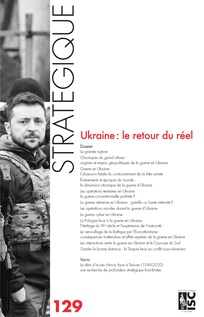
-
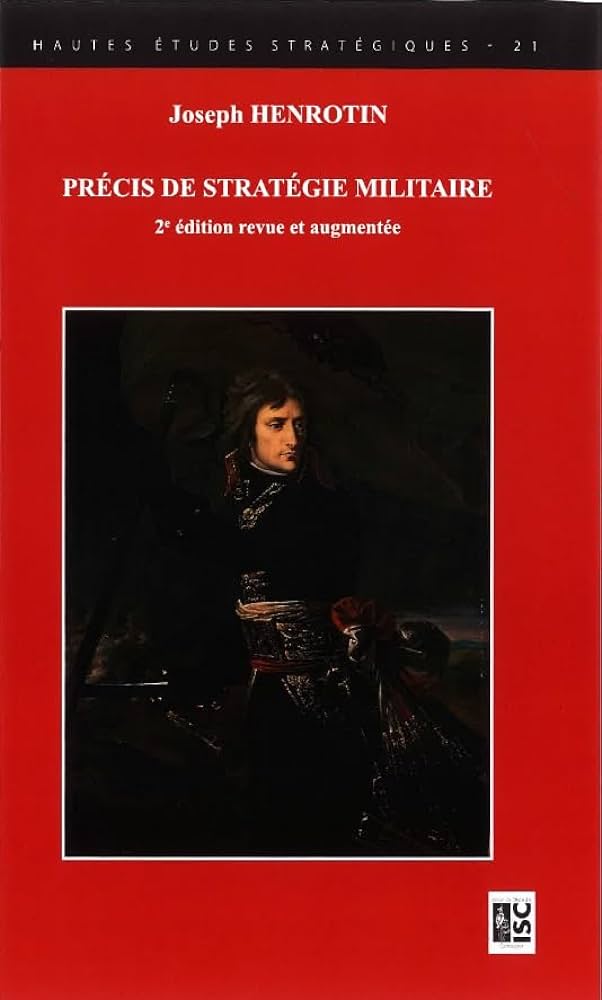
-
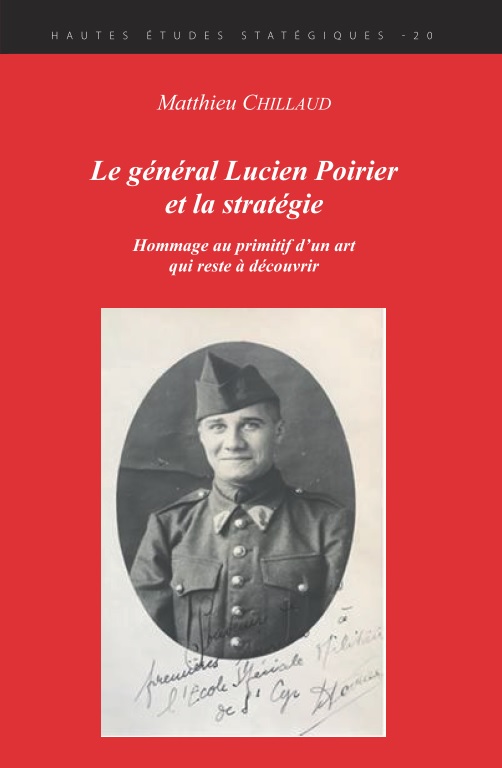
-
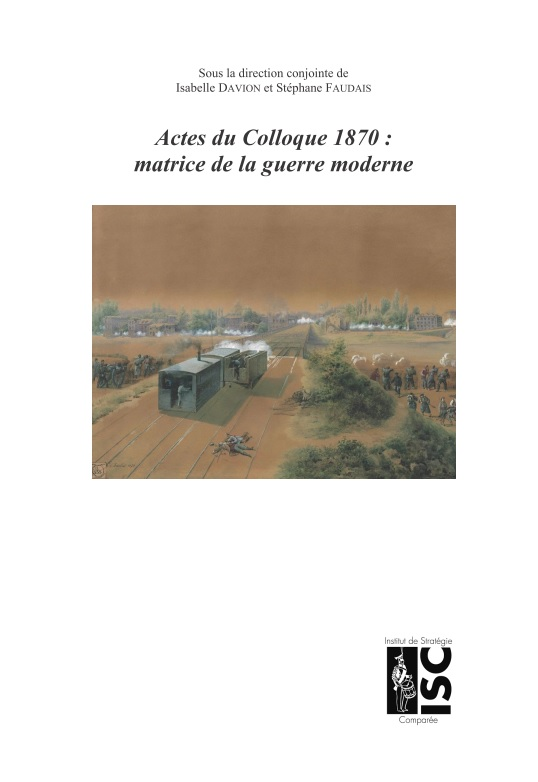
-
